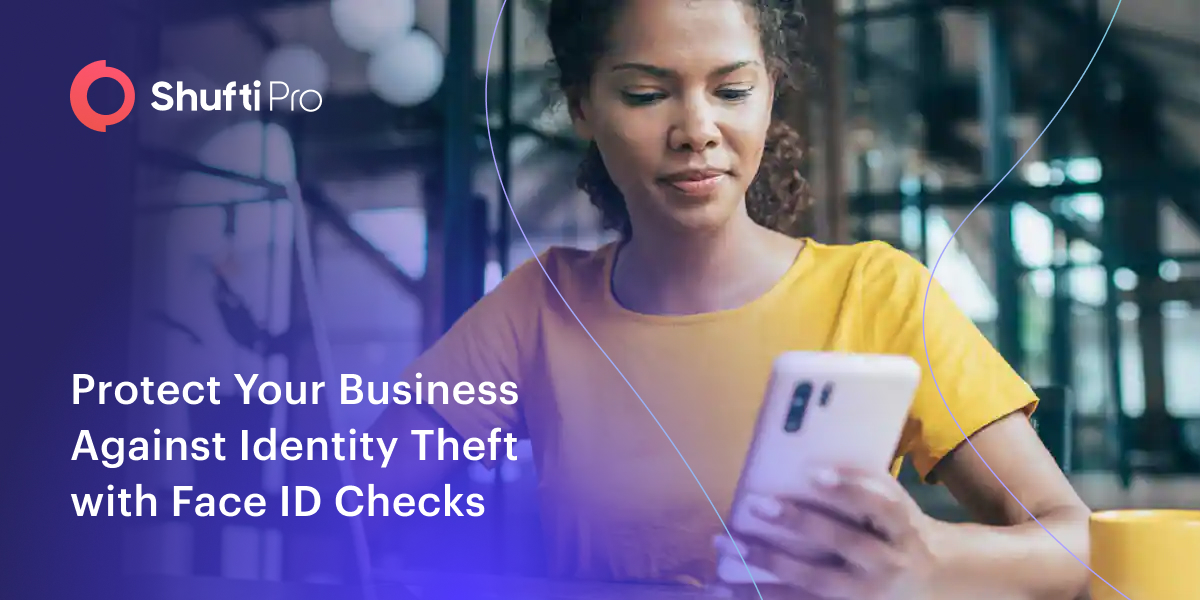ICOs and KYC Compliance

With the surge in digitalisation of payments and crowdfunding; the need to set proper standards for better and valid operations has lead to creation of terms like KYC compliance, especially under the new GDPR regulation.
Picture this, you’re watching TV and you come across a report on cryptocurrencies and they mention how Bitcoin and the blockchain technology behind it has created a whole new industry of cryptos. They talk about ICOs (Initial Coin Offerings) as the new way to fund your ideas and businesses. They also discuss how more and more businesses are using the blockchain to launch their own tokens/coins to fund their company. They also mention how individuals have used ICOs for crowdfunding their projects and ideas. This piques your interest and you search online about how ICOs work and how you can use it to fund your existing alternative energy business.
Several months later and after employing many resources you finally get your token sale/ICO online. People like your idea of providing unique eco-friendly power solutions to the masses and also appreciate the fact that token holders will be eligible for various discounts. The token sale goes well and you are getting way more funding than you had expected. There are even talks that your coin will reach the exchanges in a couple of weeks. Life couldn’t be better and you more happier. Then one day you get a chargeback for a large sum of money, then you get another and another. You’re baffled as to how this could have happened. You investigate and find out that the people who used the credit cards to buy the coins had actually used stolen cards and have provided false information. There is nothing you can do as you really have no solid proof of purchase. You realise that you have not taken any fraud prevention measures in the excitement and the fact that this is new technology; the securing part was overlooked.
You follow up with research regarding fraud in the crypto field and you realise that many ICOs had suffered from frauds. You come across KYC (Know Your Customer) process as a way to deter such fraudulent activity. As you go further you find that the Security and Exchanges Commission has also taken notice of this scamming activity. They are discussing KYC complaince related issues, policies that have been implemented within banks and financial institutions should also be in effect on ICOs. You also find that the opposite is also happening where a lot of fake ICOs are scamming people. You hear the SEC read out plausible ICO scam warning signs and asking people to trust those ICOs that have some sort of Know Your Customer service implemented. You shake your head in dismay, cursing yourself for missing out on such critical information and you start your search for a suitable identity verification service provider…

Is KYC Compliance that Important for an ICO?
The situation above, albeit a hypothetical one, is based on true incidents. Many ICOs as well as investors have suffered and millions of dollars worth of crypto scams have occurred. The lack of proper policies and checks from governments and regulatory bodies has resulted in people exploiting these loopholes from both the ICO initiator and the investor side. Scams apart, the prospect of money laundering using cryptocurrency is on the rise. Any investor found guilty of money laundering, will put all entities involved under investigation including the ICO provider. Getting to the point under the AML (Anti-money laundering) policy a basic requirement is KYC. All banks and financial institutions have to comply and follow a proper Know Your Customer procedure.
Read More: AML & KYC Compliance: 5 Ways AI is Supporting the Fight Against Financial Crimes
Having mentioned the gravity of the situation that calls for the Know Your Customer solution, we’ll discuss what exactly it entails. Besides basic information such as — name, address, DOB, contact number, — it can also include occupation, sources of income, references, etc. The cherry on top is that there is a requirement of submitting documents to prove one’s identity as well as to verify that the rest of the provided information is correct. After seeing what this process covers, it is easy to understand why it is such an effective fraud prevention tool.
So How Can One Ensure KYC Compliance?
There are several ways to ensure compliance. If you have a product or service that makes it mandatory for a customer/client to walk-in to get registered or purchase the product/service. Then you can get all the documents and verifications done face to face. On the other hand if you have a system that provides online services or products similar to what we have in an ICO. Then the best bet would be to go for a third-party identity verification service provider. They take care of all your identity verification needs utilising the power of the Internet, the customer’s webcam or smartphone camera. The process is basically the same, the customer is asked to face the camera and then show the identity document in front of the camera. One by one he is asked to focus in on the picture, DOB, and ID number (if applicable). The software automatically checks for irregularities such as mismatch in picture and actual face. Also checks the documents for signs of tampering or forgery.
Great! But How to Choose the Right ID Verification Provider for KYC Compliance?
Good question. Most 3rd-party verifiers have an advanced AI at the backend that carries out all the checking. Then there are one’s that provide a hybrid system that includes the best of AI and the best of HI (Human Intelligence) in it. Once the AI verifies a candidate, people then reverify the result to check for any false positives. The Hybrid system is clearly better than just an AI based system. Also, speed is of the essence in this case, as nobody likes long complicated procedures and processes. The verification speed should be in seconds not minutes and the process clearly defined and easy to understand. Another major factor to look out for is what other additional services are they offering. For example do they offer an online mode of verification besides an offline one? This allows you to give a certain degree of freedom to your customer if you wish to do so. Another extremely important thing to look for in a KYC service provider is are they up to date with the latest requirements in the industry? An example is the GDPR policy that is being implemented in the EU. If a company does not ensure compliance it could result in fines for both the service provider as well as the hiring company/organisation.
In Conclusion
Regardless of the business you run all aspects should be considered especially the worse case scenarios. A SWOT analysis is definite even if an idea or business seems fool proof it does not mean that is does not require a backup or in this case a fraud prevention software. With the updated regulations around the globe it has become necessary to adhere with KYC compliance especially if one deals with PII data and such.











